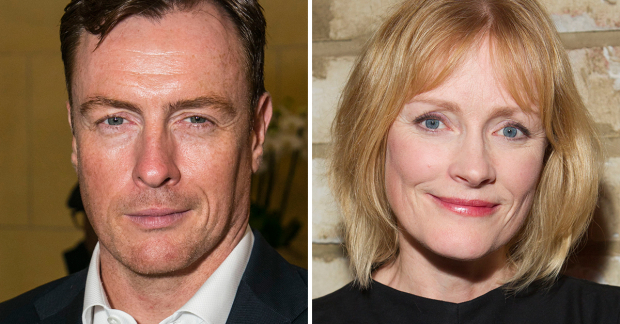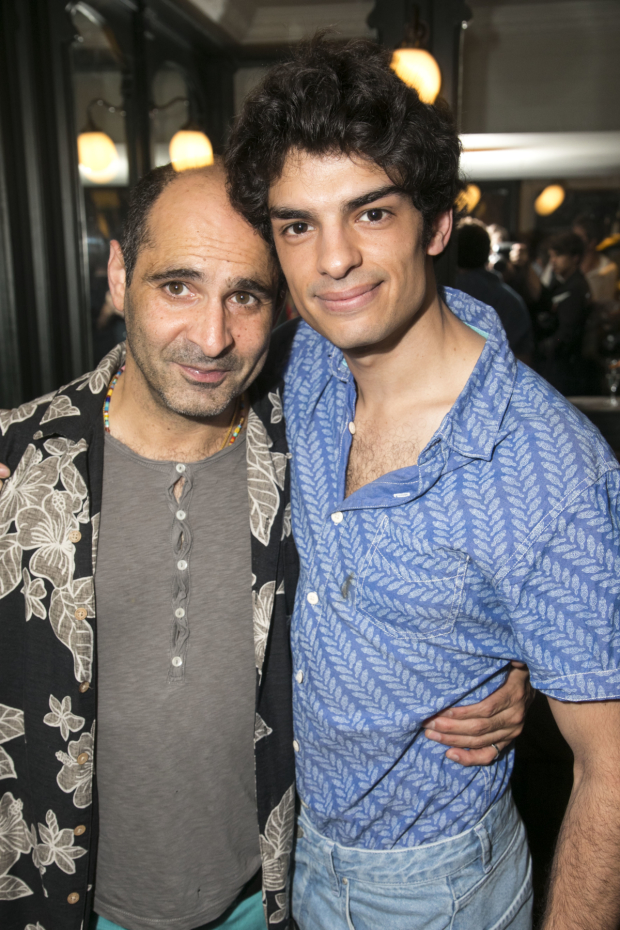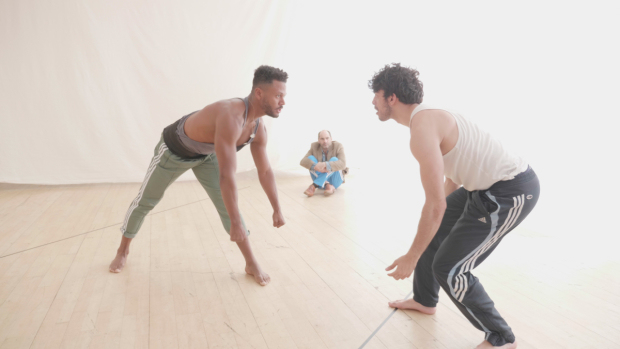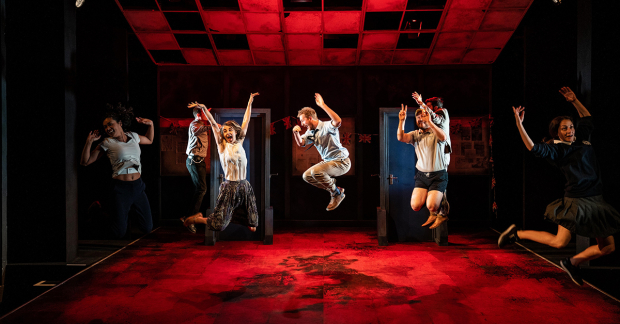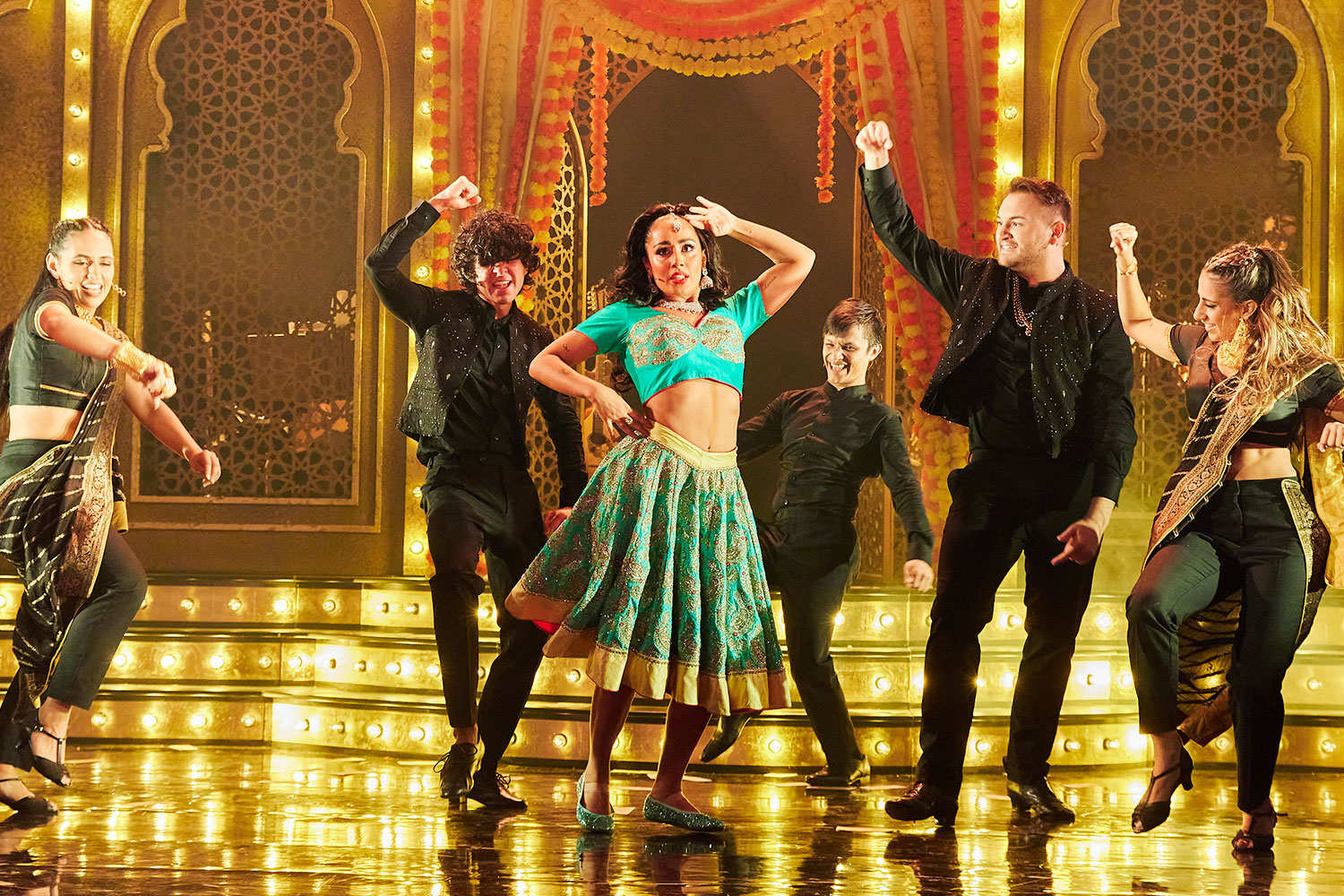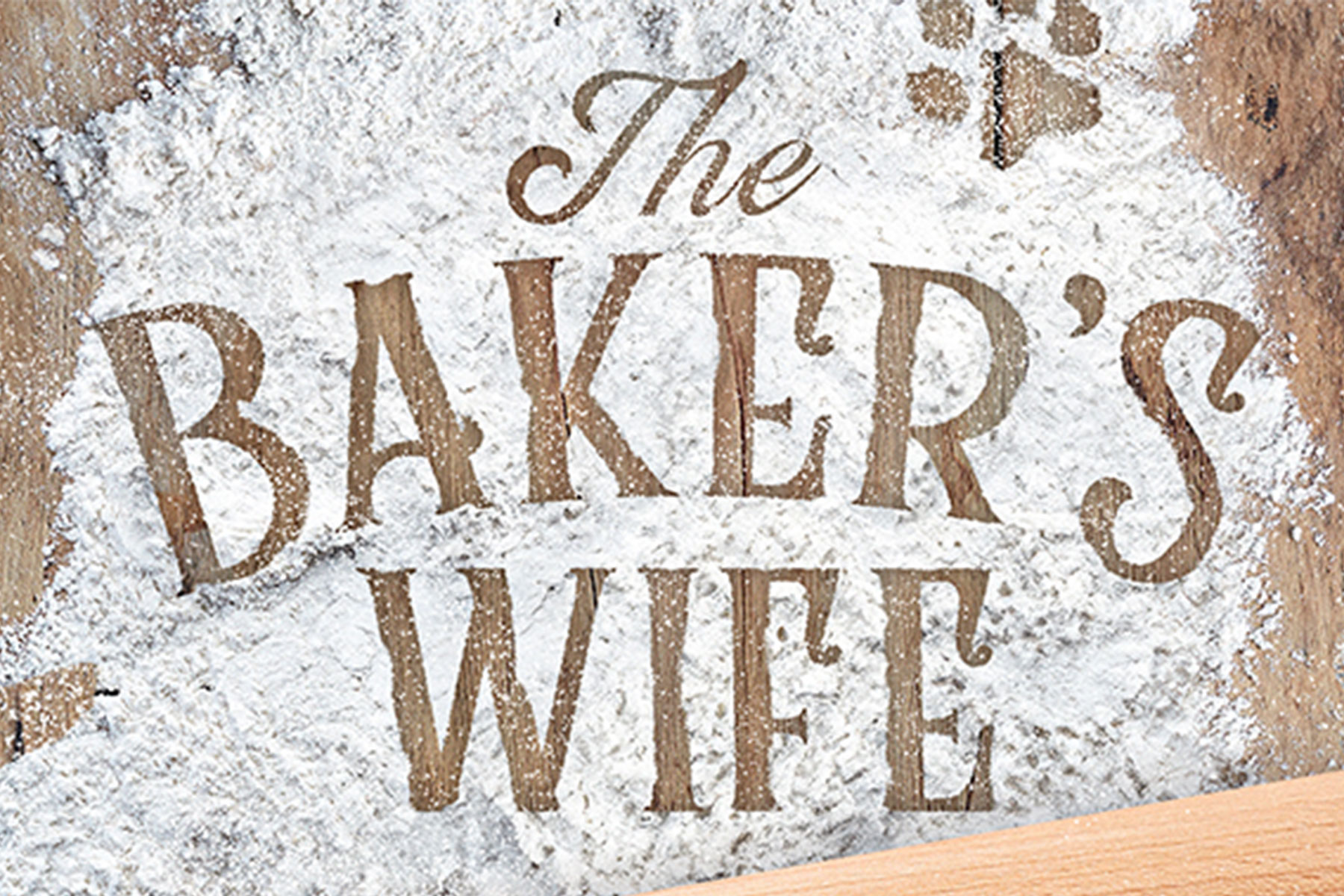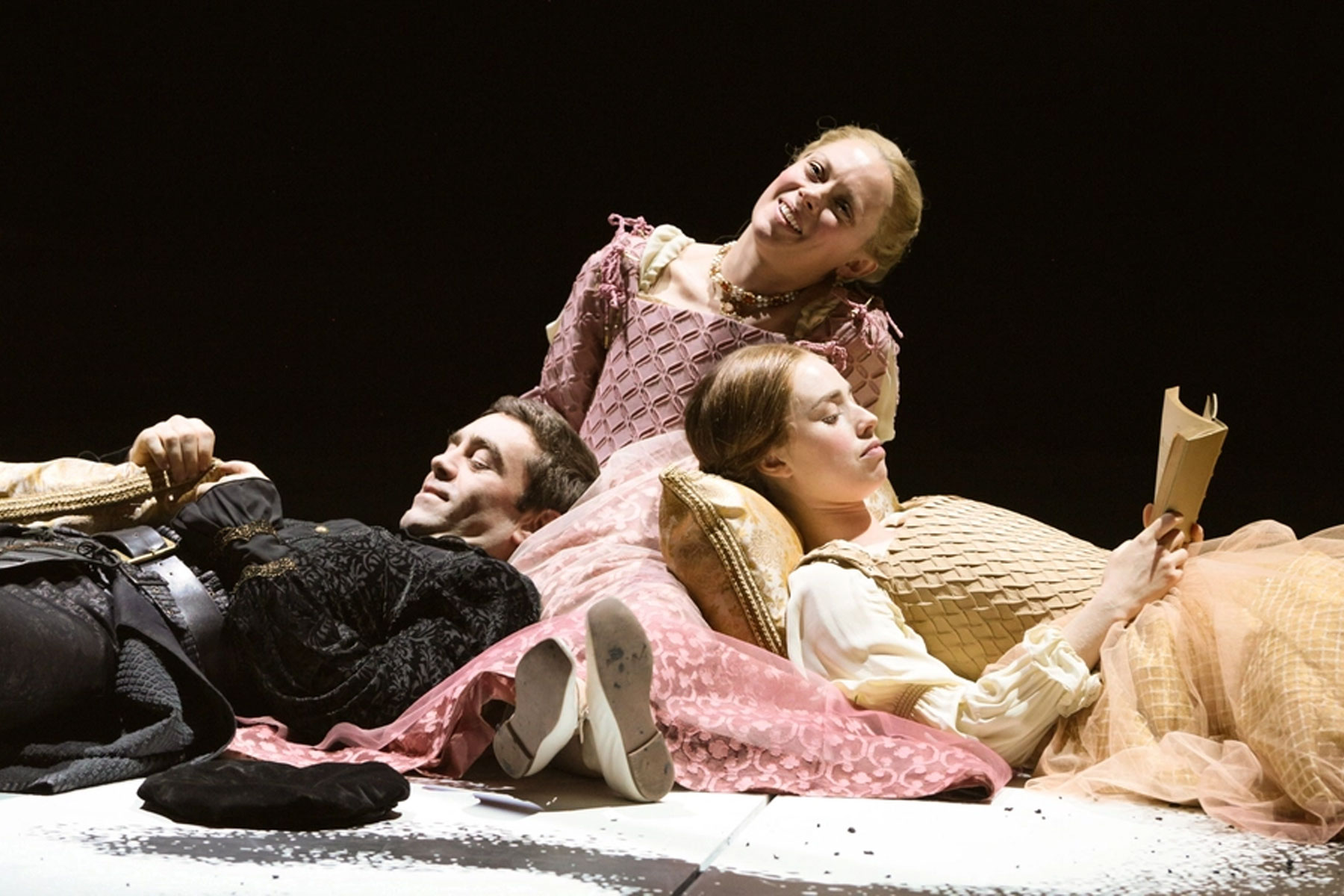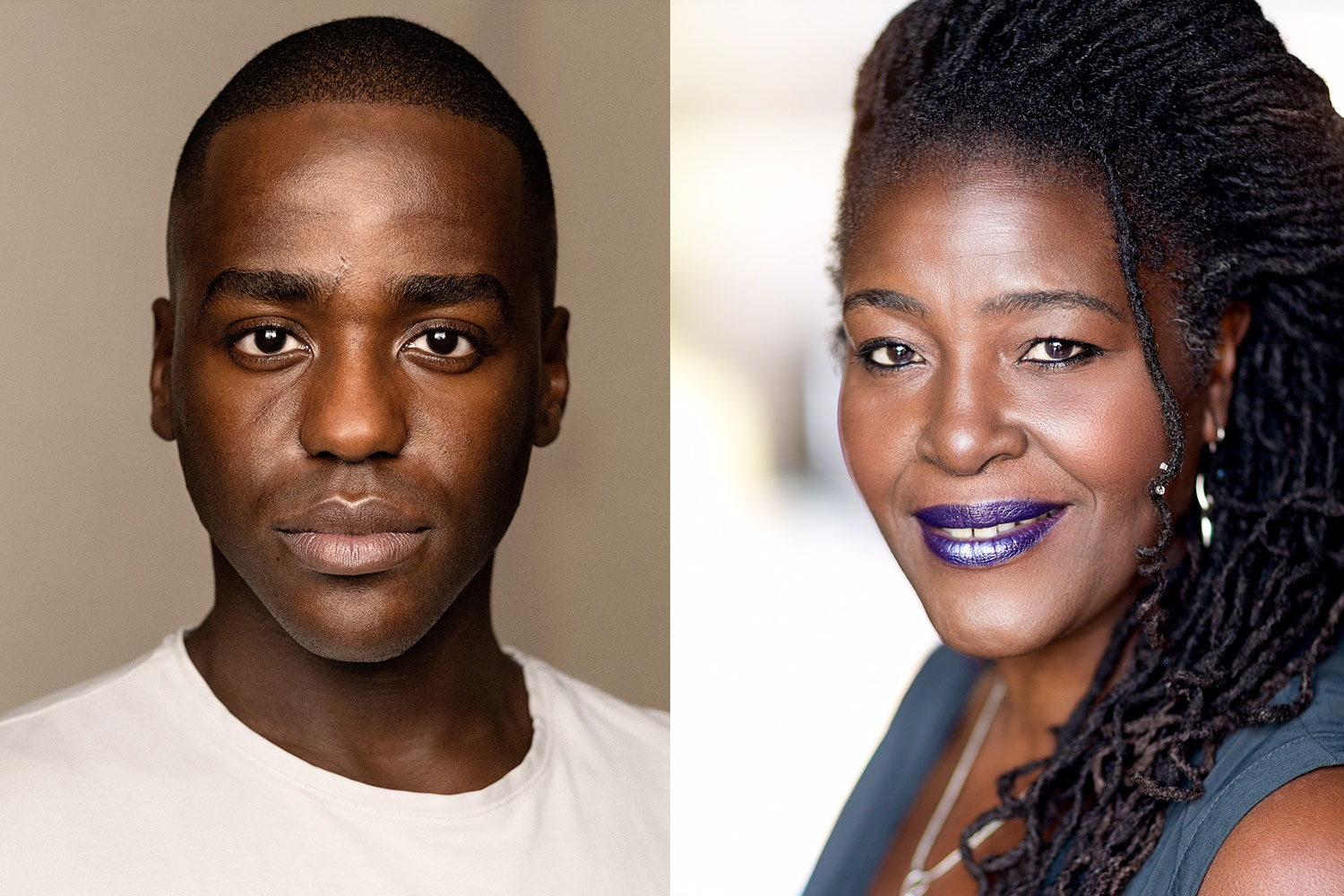Review: Actually (Trafalgar Studios)
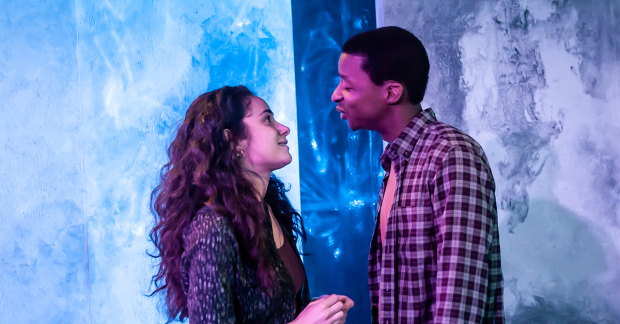
© Lidia Crisafulli
Anna Ziegler scored a huge success in the West End some years ago with Photograph 51, a play about the overlooked achievements of Rosalind Franklin, the scientist critical to the discovery of DNA whose work was written out of the official histories because she was a woman. It starred Nicole Kidman and was much liked.
But I felt that for all its achievements, not least in drawing attention to Franklin, there was something timid about its writing and construction. It never really flew. I feel much the same about Actually, which once again latches onto an interesting subject, but never absolutely lands its punches.
This time, at least, that is to some extent intentional. The topic of this work is the contentious subject of sexual misconduct on college campuses, and the standard of "the preponderance of the evidence" which was encouraged under the Obama administration, whereby the weight of a feather could tip the balance of proof in favour of one party or another.
Ziegler focuses on Amber and Tom, a neurotic Jewish "weirdo" and a charismatic but uncertain African American, who met at Princeton, go on a date, and find themselves at loggerheads in a trial where she says that an encounter that began consensually turned into a rape, and he says that simply is not the case.
Through monologues and occasional snatches of dialogue, we understand how two very different yet equally needy people can end up misreading the signals each is emitting so that each remains utterly committed to their version of the truth. Her sense of being "invisible" runs up against his impression of – by dint of being black – being constantly inspected; their mutual misunderstanding of each other's pain leads to disaster.
Under Oscar Toeman's simple direction and on Cindy Lin's set, Simon Manyonda and Yasmin Paige give committed and detailed performances as the embattled duo. She conveys how dazzled Amber is by Tom's charm, but also how broken by the other experiences of her life; he cleverly suggests the confusion beneath the superficial arrogance, especially when he describes his encounters with his best friend, who is gay.
It's never not watchable and is full of nuance about the mystery of human relationships, the way that people are constantly wrong-footed by their feelings, side-swiped by complicated emotions. But in terms of drama, its even-handedness counts against it. Ziegler has loaded the dice so the game is always fair, but not perhaps as shocking as it should be. Actually is a word that marks the transition between yes and no; it's ground the play too gets lost in.




